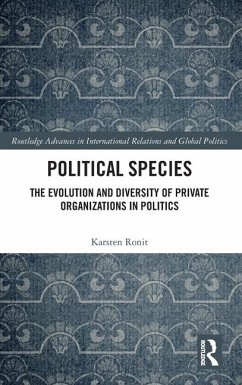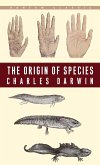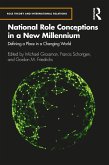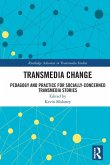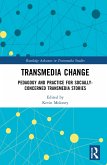In Political Species, Karsten Ronit expertly argues that evolutionary biology can provide important sources of inspiration for analyzing the proliferation of private actors/organizations in domestic and global politics. Focusing on the evolution of a diversity of such private actors/organizations in politics, Ronit emphasizes that individuals are affected by and contribute to societal, cultural, and political evolution through a range of formal organizations and that societies, cultures, and politics influence and build upon values and norms transmitted by individuals via these formal organizations. By being mindful of these contextual factors and keeping in mind the important research done in the micro- and macro-perspectives, we can gain a better understanding of the diversity of private actors/organizations and how they evolve and adapt. Evolutionary biology teaches us that over time, different varieties emerge, specialize, and adapt to the ever-changing conditions in complex environments before accumulating into new species. Much change characterizes these processes of political evolution because actors constantly emerge and add to the existing population of private actors that, in one way or another, are engaged in politics.
"A wonderfully stimulating reading on the role of private actors in the political realm. Karsten Ronit impressively demonstrates the analytical power and value added that the use of concepts derived from evolutionary theory has for the social sciences."
Prof. Dr. Jakob Lempp, Professor for Political Science, Rhine-Waal University of Applied Sciences
Prof. Dr. Jakob Lempp, Professor for Political Science, Rhine-Waal University of Applied Sciences

